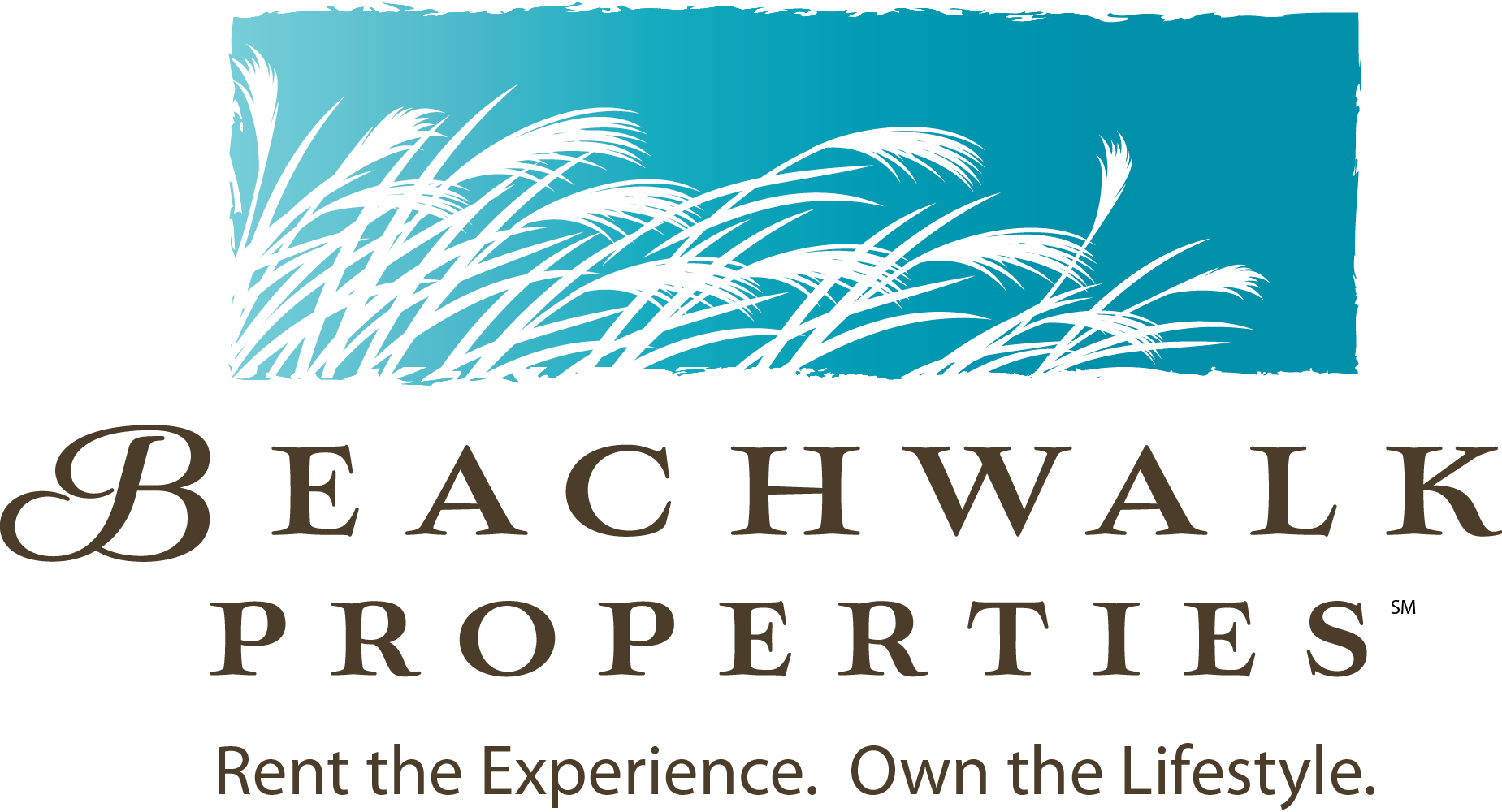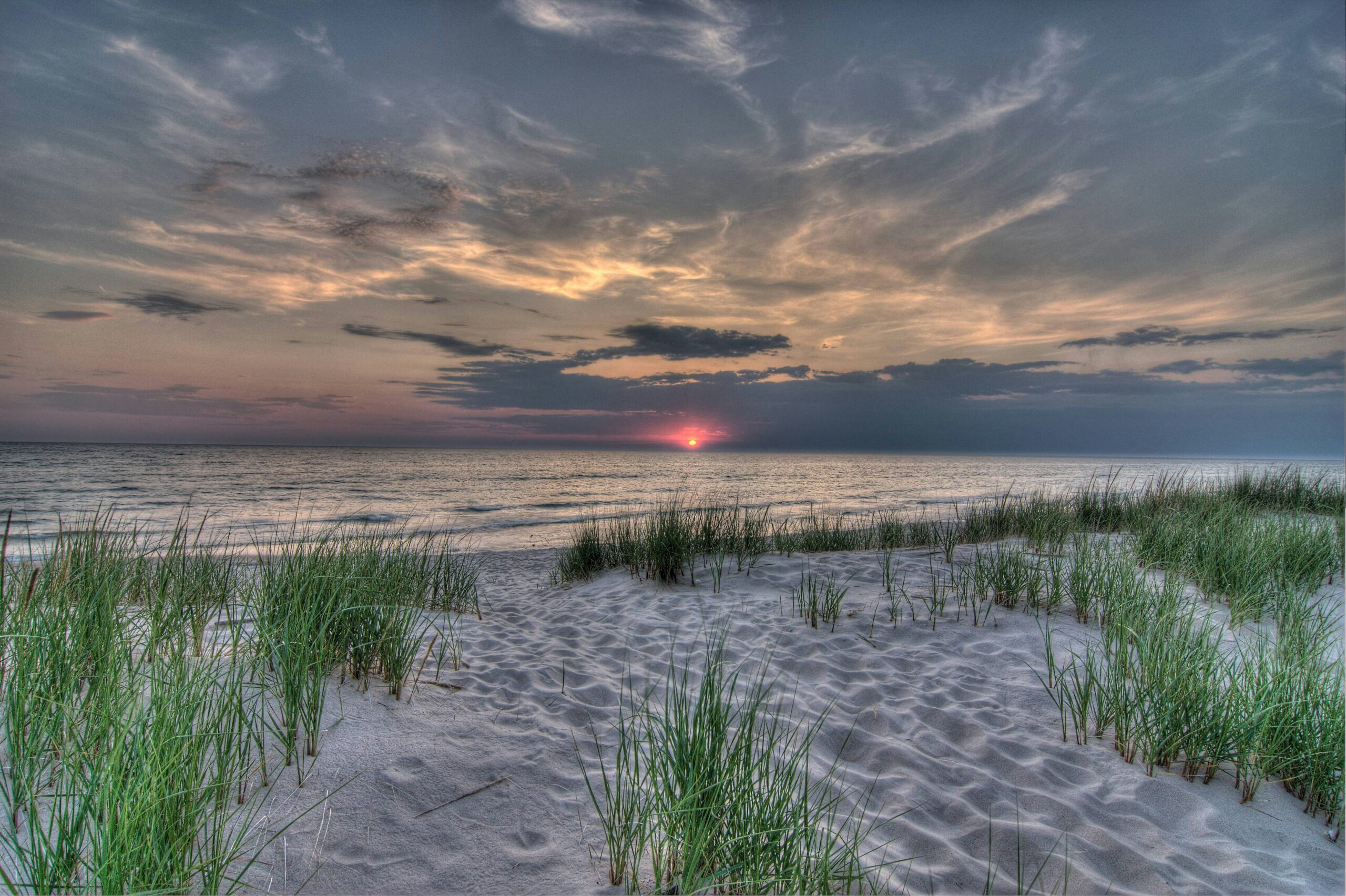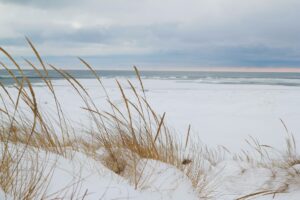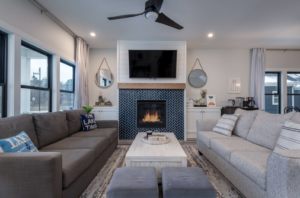How to Prepare Your Vacation Home for the Off Season (Fall/Winter) — A Luxury Owner’s Checklist
As the golden leaves fall and guest bookings slow, luxury vacation homeowners must shift focus: from hosting to protecting. Off‑season preparation isn’t simply about closing up — it’s about safeguarding your investment, maintaining pristine condition, and seizing opportunities for bookings in the colder months.
At Beachwalk Properties, we consider this transitional period just as critical as peak season operations. Below is a luxury owner’s off‑season checklist, written from years of managing high-end properties in Michigan’s seasonal climate. Use it to prevent damage, reduce costs, and preserve that “just-stepped-in” feel when your property reopens.
Why Off‑Season Prep Is Critical for Luxury Vacation Homes
- Prevent costly damage — Frozen pipes, roof leaks, mold growth, pest intrusion — these risks rise sharply when a property is idle.
- Preserve luxury standards — High-end finishes, electronics, custom furnishings require extra care when unused.
- Protect owners’ peace of mind — Knowing the home is monitored, maintained, and ready to re-open removes stress.
- Position for off-season bookings — Many guests seek cozy winter stays; well-prepared homes can still generate revenue.
Luxury Owner’s Off‑Season Checklist
Below is a comprehensive checklist. You can adapt based on whether your property will remain vacant all winter or host stays through colder months.
-
Plumbing & Water Systems
- Shut off and drain water lines: Close main supply, drain faucets, exterior spigots, and hose bibs.
- Insulate vulnerable pipes: Use foam sleeves or heat tape on pipes in crawl spaces, attics, or exterior walls.
- Add non-toxic antifreeze in traps: If parts of plumbing remain wet, pour appropriate antifreeze in toilet bowls / traps.
- Service water heater: Drain or flush the tank (if applicable), or follow manufacturer guidelines.
-
HVAC, Heating & Insulation
- Full HVAC inspection / servicing: Clean ducts, inspect furnace, test heating system.
- Replace filters & clean vents
- Set minimum safe temperature: Maintain a baseline (e.g. ~50–55°F) to avoid freezing while conserving energy.
- Seal drafts, caulk windows, weatherstrip doors
- Add insulation where needed — attics, basements, crawl spaces
-
Exterior & Building Envelope Protection
- Clear gutters & downspouts: Remove leaves, install guards, ensure flow is free.
- Inspect roof, shingles, flashing: Repair damage to prevent leaks or ice dams
- Trim branches & remove dead limbs
- Cover or store outdoor furniture, grills, cushions
- Secure siding, exterior finishes, check caulk joints
-
Interior Safeguards & Deep Cleaning
- Deep clean all rooms: Dust, vacuum, wipe surfaces, clean upholsteryEmpty trash bins, remove perishables
- Open cabinet doors slightly: Promotes airflow and helps detect leaks
- Inspect for signs of pests, rodents, insects
- Check smoke detectors, carbon monoxide detectors, and replace batteries
-
Appliances & Systems Shutdown / Winterizing
- Unplug non-essential appliances: TVs, kitchen gadgets, small electronics
- Defrost refrigerator / freezer (if leaving plugged or open minimal)
- Shut off irrigation / sprinkler systems: Drain lines and insulate external components
- Close pool / hot tub systems if applicable — follow professional winterizing steps
- Close blinds or shades: Protect interior from sun fading during winter
-
Smart Technology & Remote Monitoring
- Install water leak sensors / smart flood detectors
- Smart thermostats: allow remote monitoring and adjustment
- Security cameras, motion sensors, lighting timers
- Alert notifications: temperature drop alerts, door sensor alerts
-
Landscaping, Outdoor Furniture & Seasonal Assets
- Mulch, seed, or fertilize lawn as needed before freeze
- Remove or store decorative items, planters, garden decor
- Cover pathways / driveways strategy: plan for snow removal, stock ice melt
- Protect trees & shrubs: wrap sensitive plants, stake young trees
-
Security, Inspections & Emergency Planning
- Weekly or biweekly property checks during winter
- Establish relationships with local contractors: plumber, HVAC, snow removal
- Emergency plan & contact sheet: for leaks, heating failure, power outages
- Set security systems, timers, camera alerts
- Maintain exterior lighting to deter theft
-
Guest‑Focused Touches (If Hosting Off‑Season Stays)
- Provide winter essentials: firewood, ice melt, snow shovels
- Welcome guide with winter instructions: how to use heating, fireplace, shoveling protocol
- Offer cozy amenities: plush blankets, robes, hot beverage station, board games
- Check entryways: provide mats for snow, boot trays
Local Tips for South Haven / Michigan Climate
Because South Haven faces lake-effect weather, cold snaps, and occasional snow starting early, here are tailored suggestions:
- Begin your prep in October, before freezing nights become regular
- Pay extra attention to exterior caulking and window sealing, as wind off Lake Michigan is fierce
- Prioritize ice melt / snow removal contractors early — local firms book up
- Monitor piers, shoreline structures, docks if your property is waterfront
- Consider a winter-check walker local to Berrien / Van Buren counties for regular inspections
How Beachwalk Properties Helps Luxury Owners With Off‑Season Prep
At Beachwalk Properties, we don’t simply manage summer stays — we steward your home year-round. Here’s what we provide:
- Proactive seasonal maintenance scheduling
- Vendor network for plumbing, HVAC, landscaping, snow removal
- Remote monitoring & alerts
- Off-season marketing to attract winter stays
- Inspection reports with photos and status
- Owner communications and cost tracking
By handling this checklist seamlessly, we help owners protect their investments, reduce risk, and maintain luxury standards — all without stress.
Off-season preparation is not optional for luxury vacation homes — it’s essential. A property that’s cared-for in fall and winter is more likely to open flawlessly in spring, safeguard high-end finishes, and maintain owner peace of mind.
If you’re a luxury homeowner in South Haven or Southwest Michigan, don’t leave this to chance. Contact us at Beachwalk Properties to discuss full-service off-season management, seasonal optimization, and maximum return with minimal effort.
Frequently Asked Questions (FAQs)
Q: Is it possible to leave the property fully winterized and still host occasional guest stays?
A: Yes — with smart thermostats, leak sensors, and proper rules, you can host off-season guests while maintaining safety.
Q: What temperature is safe to keep a vacant home during winter?
A: Around 50–55°F is common. It helps prevent freeze risk while limiting heating costs.
Q: Should I winterize even if I live nearby?
A: Absolutely — sudden cold snaps or storms can do damage in hours. Having systems in place is your insurance.
Q: How early should I begin this checklist?
A: Start mid-to-late October — before heavy frost or snow hits.











